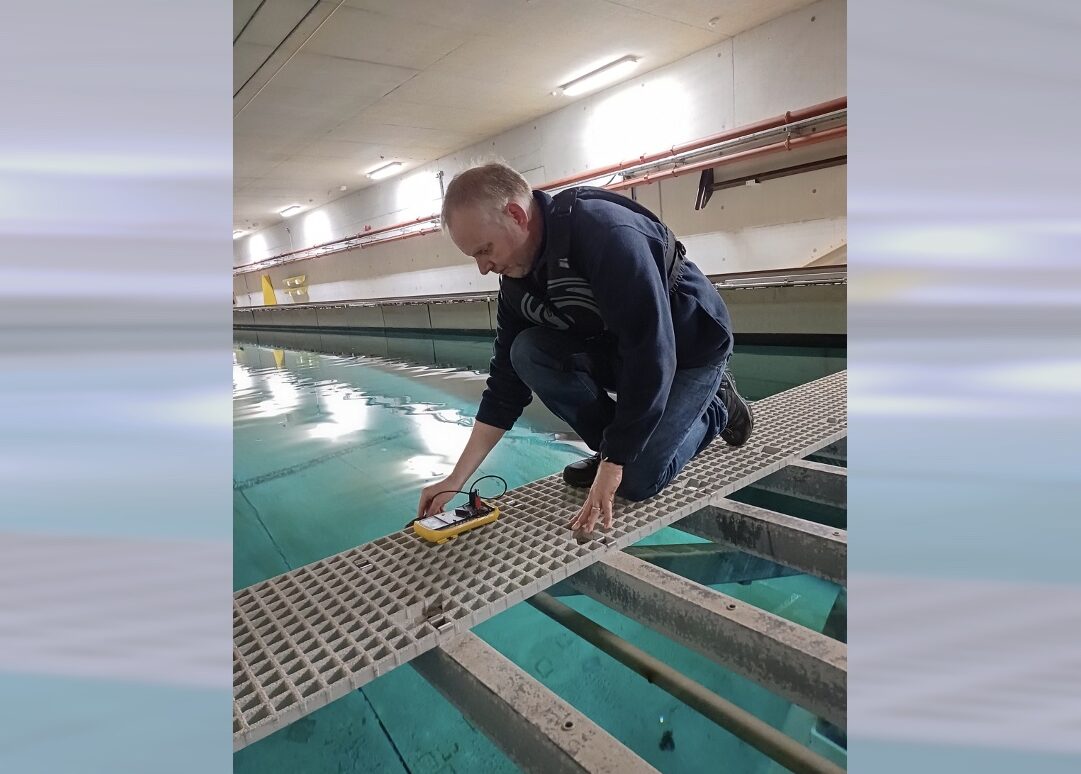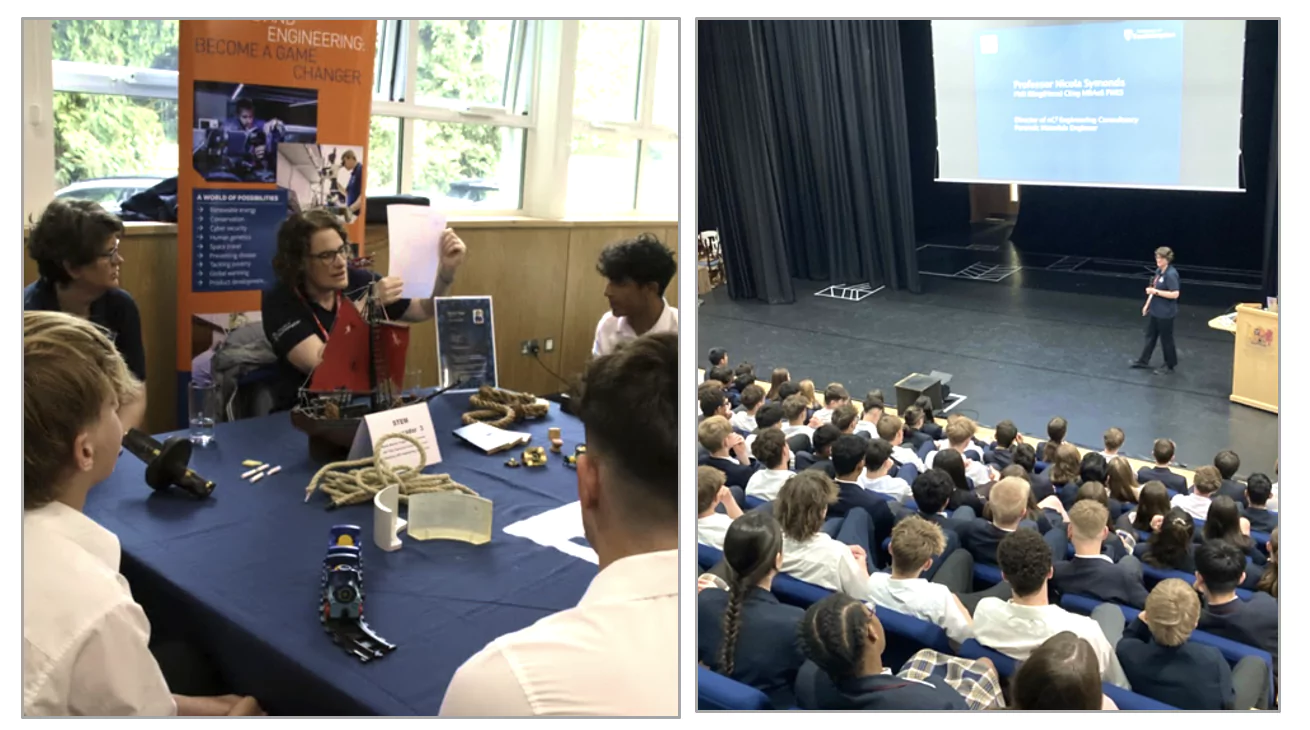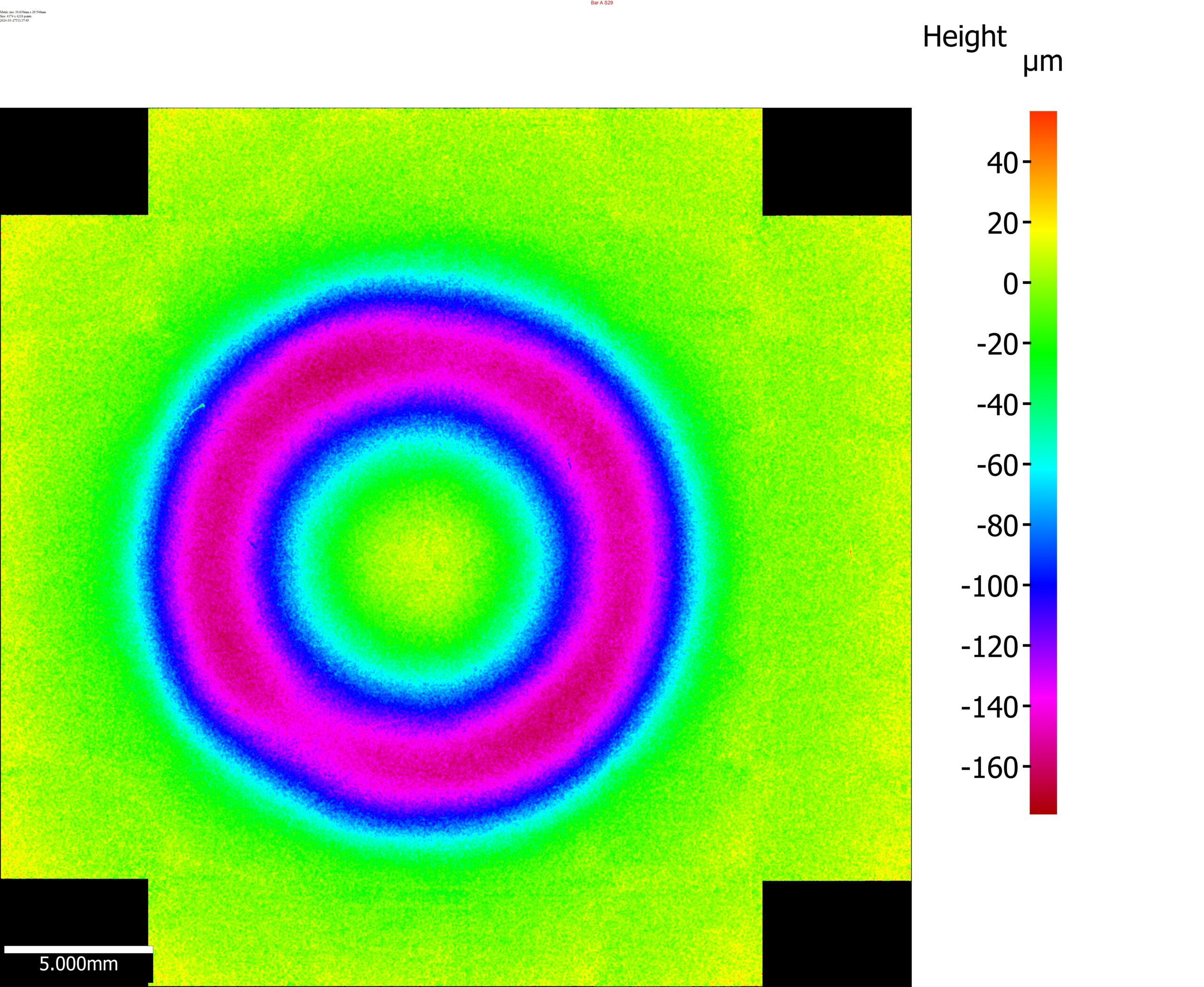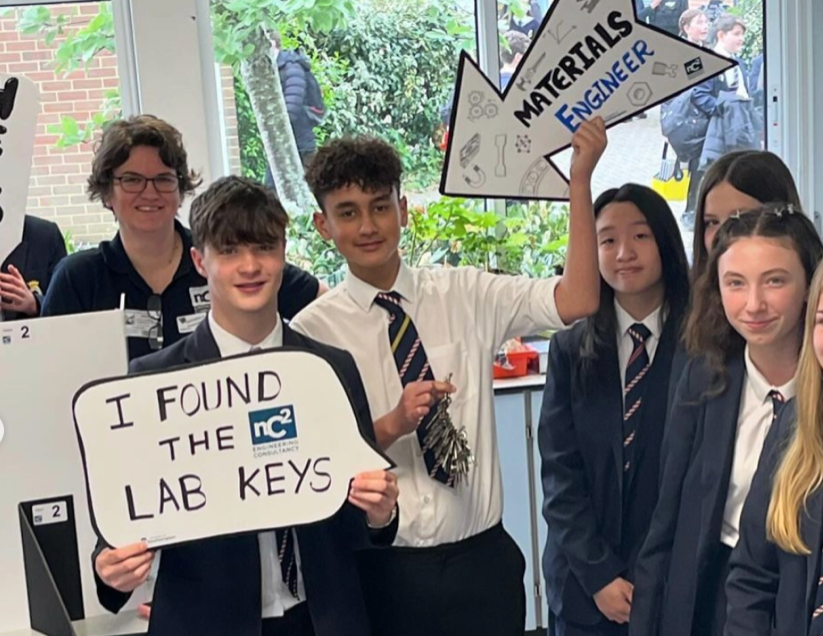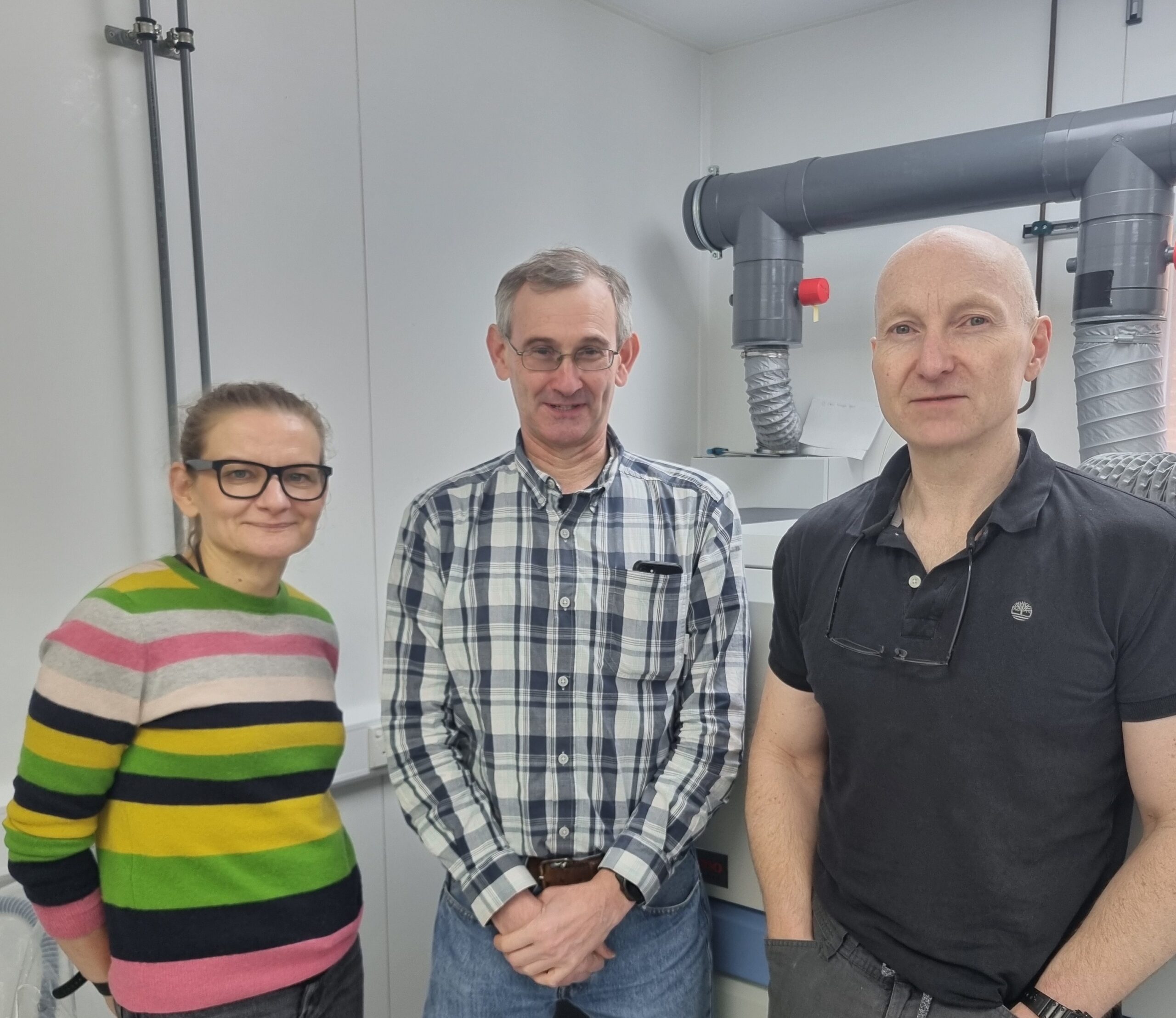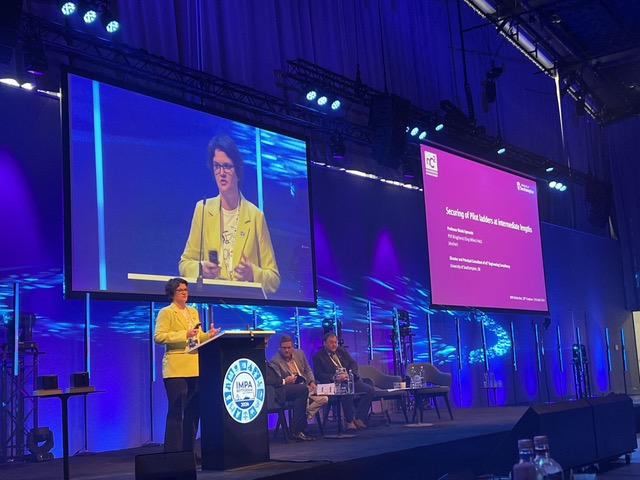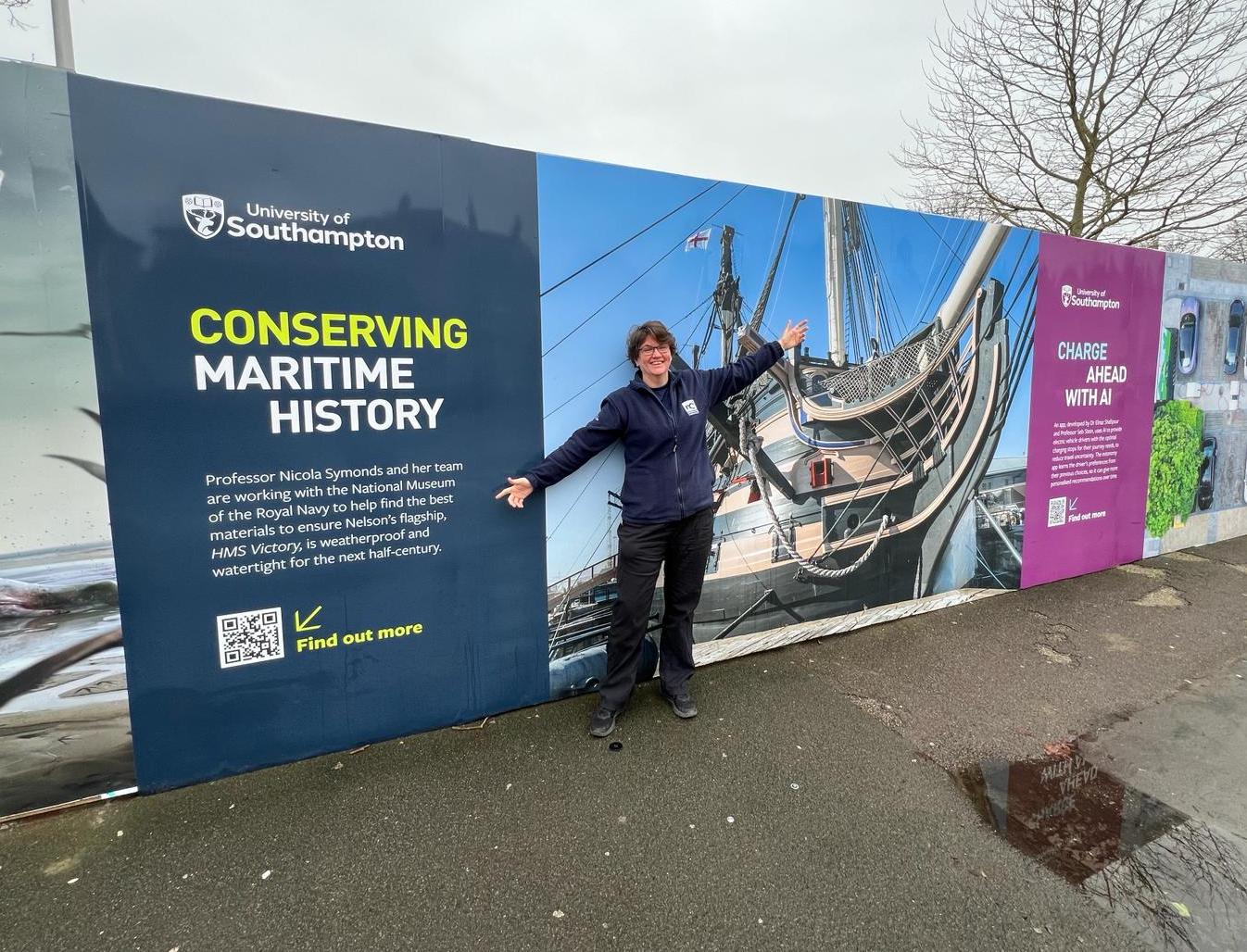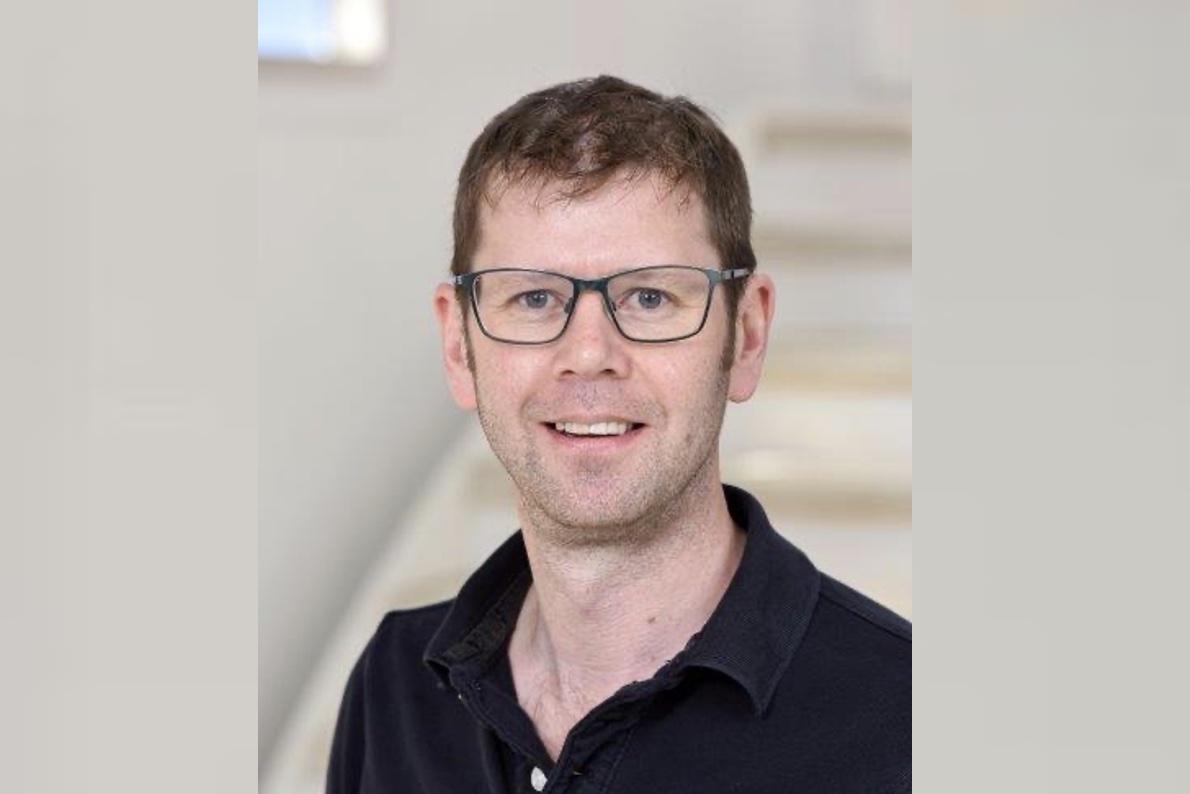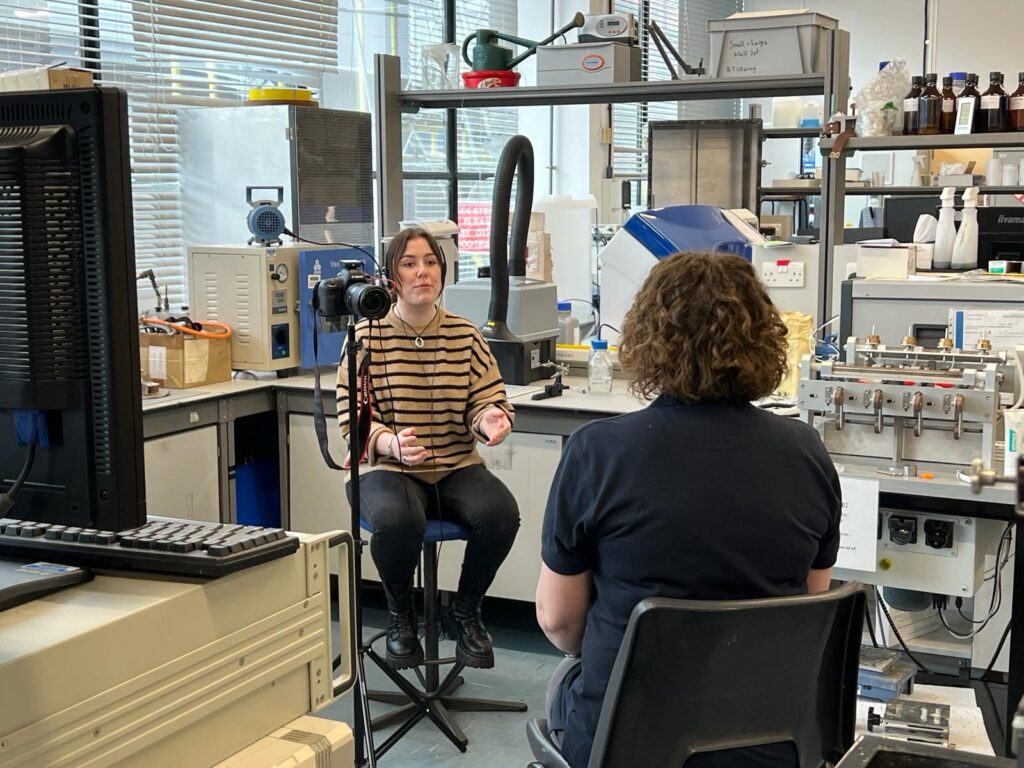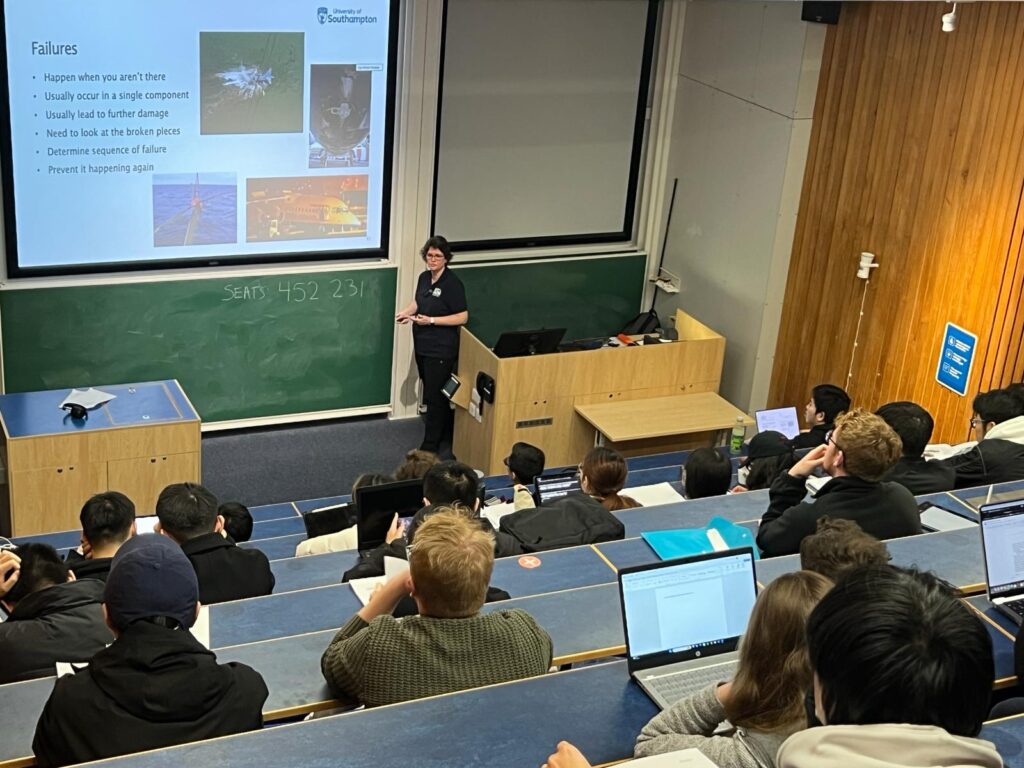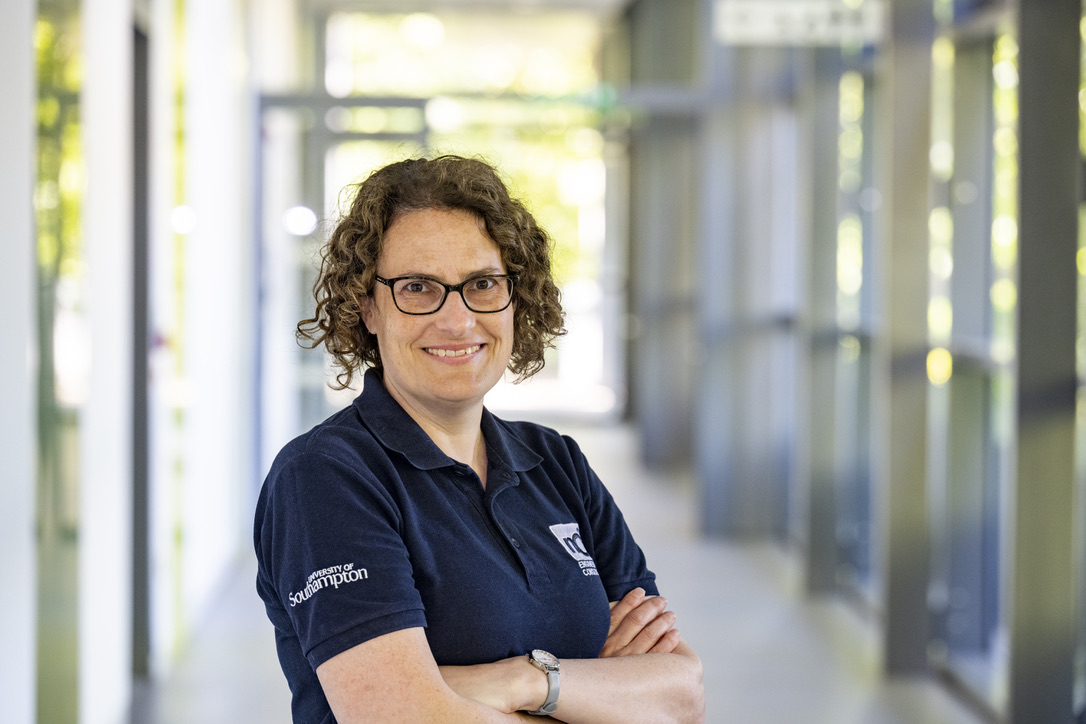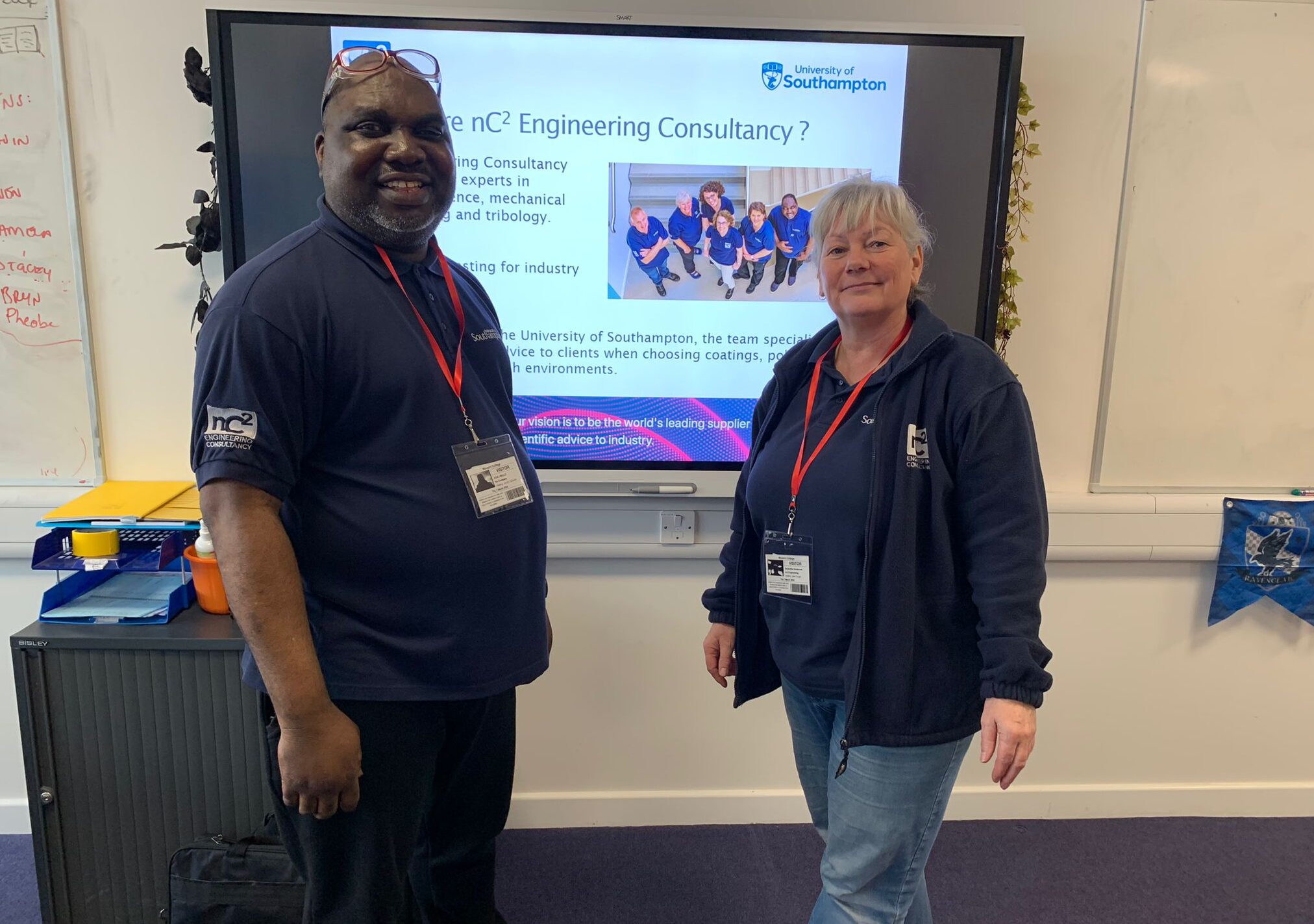
Our precision balance works to 0.00001 g accuracy (ie 10 micrograms). It has touch-operated slide doors and is isolated from vibration, sitting on a floating granite base with rubber feet.
We use it for wear experiments and other tests to identify loss of material, and in failure investigations to confirm expected weights.
Would your project benefit from our state-of-the-art equipment and expertise? If so, get in touch and let’s talk.

